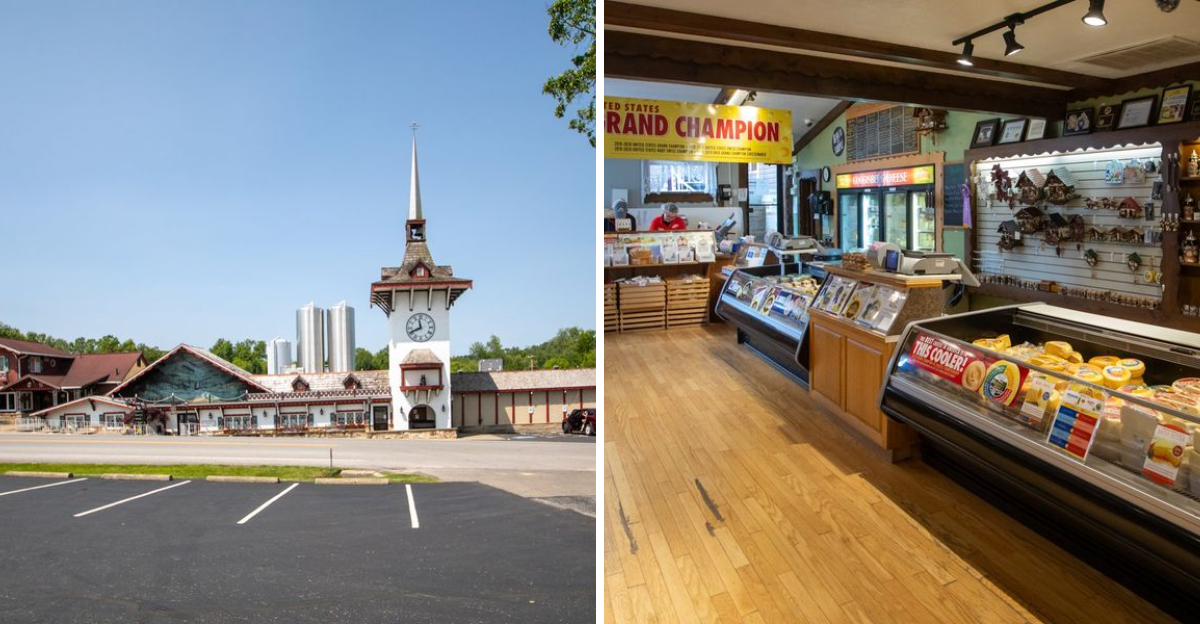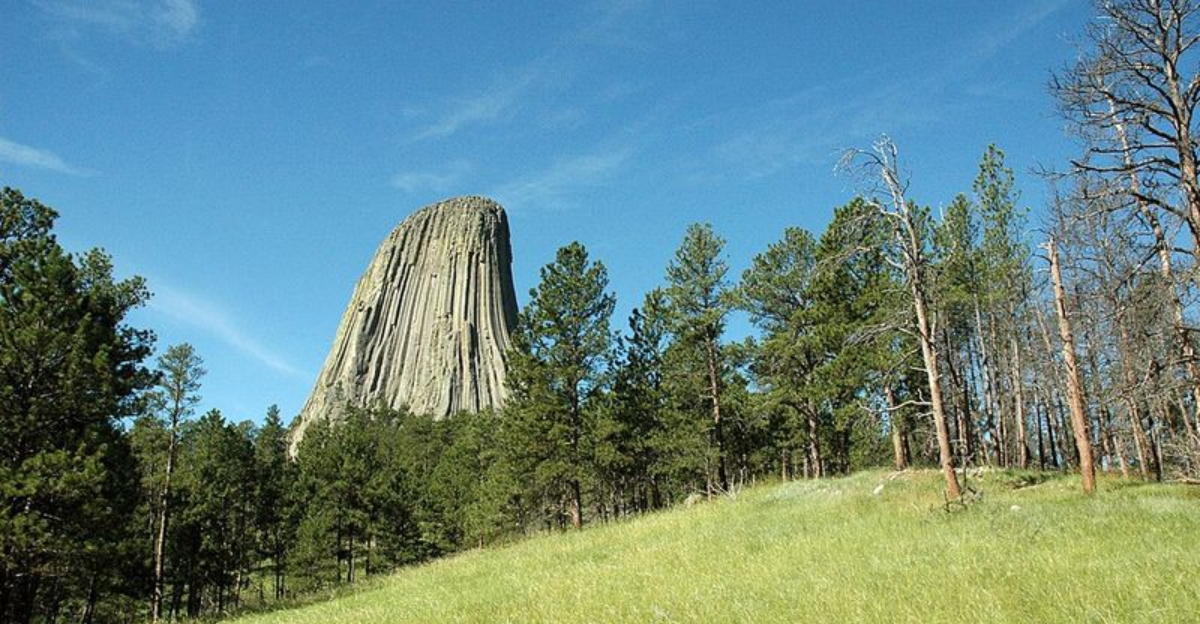12 Things To Know About Atkins, Arkansas, The Pickle Capital Of The South
Atkins, Arkansas, has built its story around the humble cucumber. For generations, this small town has turned pickles into pride.
Festivals, recipes, and history all carry the flavor of brine. Beyond cucumbers, lakes, parks, and family-run cafés add richness to the visit.
Here are twelve highlights that reveal why Atkins remains a place worth exploring.
1. Birth Of Atkins
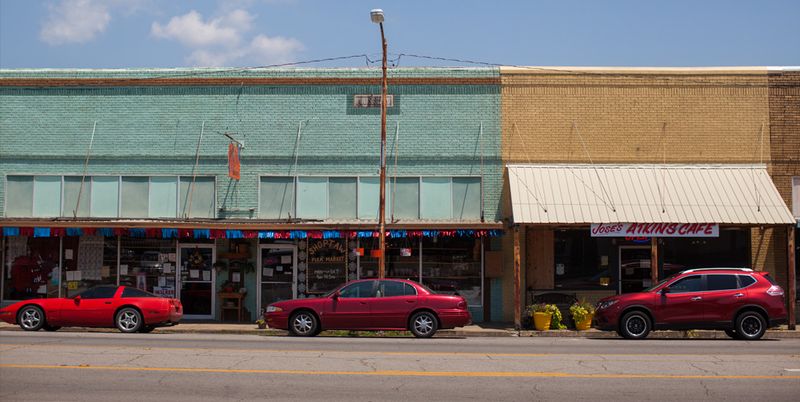
The town took its name from Elisha Atkins, a Boston sugar importer tied to the railroad after the Civil War. Growth followed in the 1870s as shipping routes expanded. Commerce and transport made the town thrive. The early identity is still preserved in historic records.
Walking downtown reveals remnants of those beginnings. Preservation honors layered stories of trade and travel. History feels present on each corner.
2. The Pickle Boom
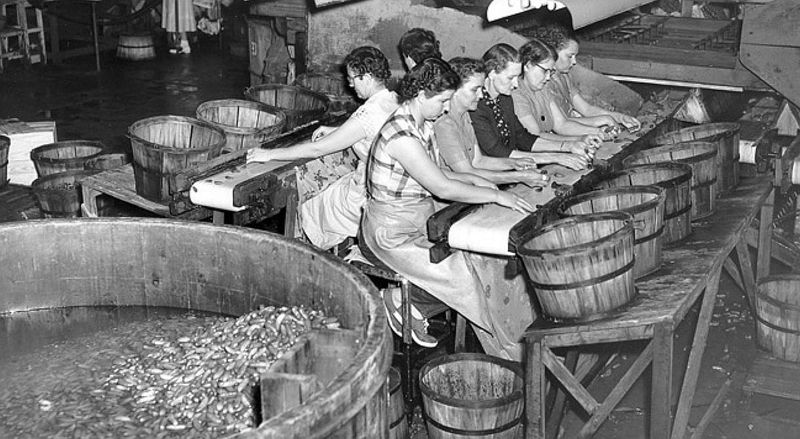
Cucumber fields once stretched across 1,200 acres. The Goldsmith Pickle Company transformed harvests into barrels of brine. Fifty-seven tanks could hold up to 57,000 bushels. Pickles shaped work and community identity alike.
Factories produced jars shipped across the country. Families relied on steady pickle wages. The town’s economy brined itself in cucumbers.
3. The First Fried Dill Pickle

n 1963, Atkins gave the world fried dill pickles. Crispy edges encased tangy slices in golden batter. The recipe became a signature snack. Locals embraced the innovation.
Today, Picklefest serves thousands each May. The dish remains both invention and tradition. Fried pickles still anchor the menu of memory.
4. Picklefest Tradition
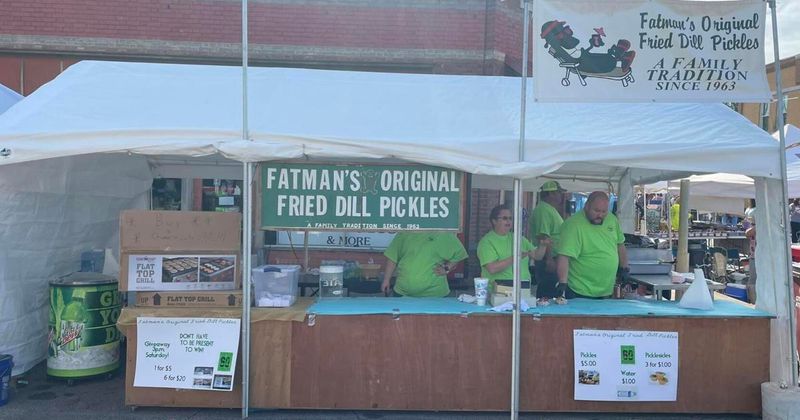
Every third weekend in May, downtown Atkins fills with pickle pride. Eating contests test both appetite and endurance. Juice-drinking challenges bring laughter. Rodeos and live music enliven the streets.
Vendors sell jars, shirts, and souvenirs. Community spirit defines the gathering. Picklefest thrives on both heritage and joy.
5. Pageants With Personality
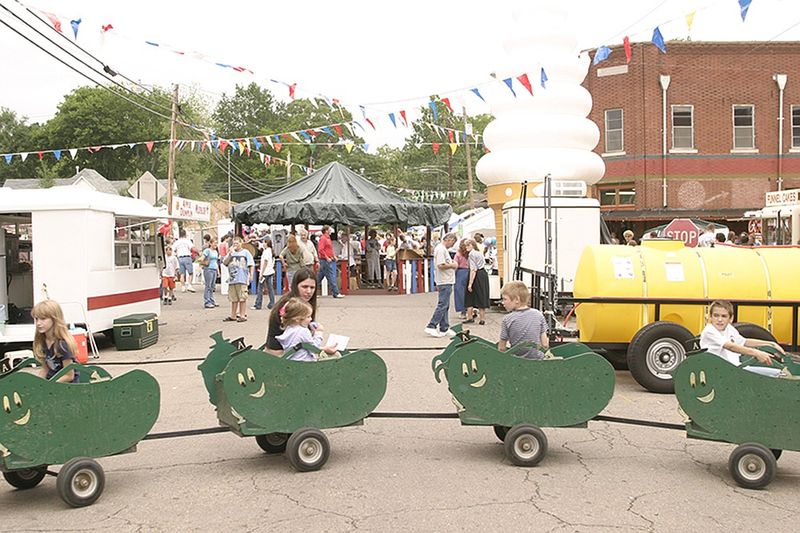
Each festival crowns Mr. Dill Pickle and Miss Sweet Pickle. The titles carry both humor and charm. Contestants perform with wit and pride. The event becomes a showcase of community flavor.
Locals cheer for neighbors in costume and character. Judges reward creativity as much as beauty. The pageants embody playful celebration.
6. Pickles In Wartime
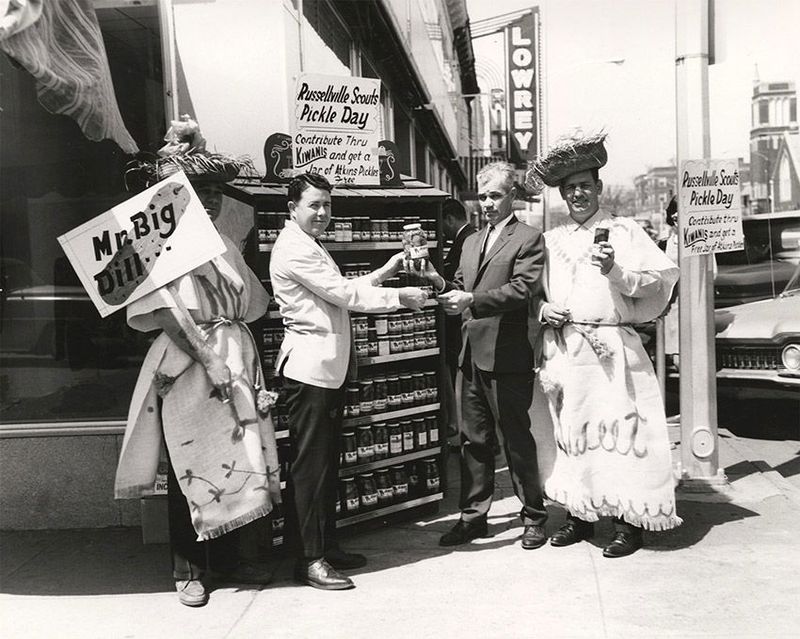
World War II shifted Atkins’ role in food supply. Nearly half the nation’s pickles went overseas to soldiers. Afterward, production scaled higher. Factories created specialty products.
Tomolives, small pickled tomatoes, gained popularity with dignitaries. The industry rose into multimillion-dollar strength. Atkins brine reached far beyond Arkansas.
7. Decline And Transition
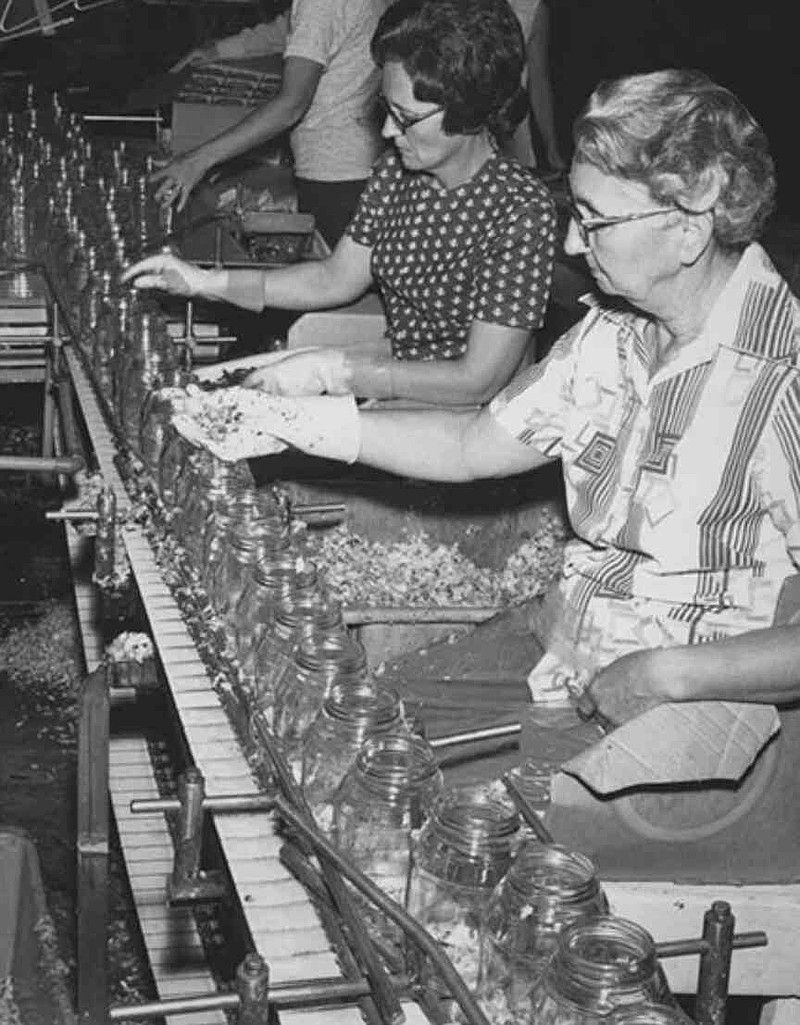
By the early 2000s, the market for pickles crowded. The local factory closed in 2002. Operations shifted to poultry processing. Jobs transformed but community pride endured.
Picklefest carried forward tradition. Families still told stories of cucumber days. The spirit of Atkins remained soaked in brine.
8. Pickles And World History
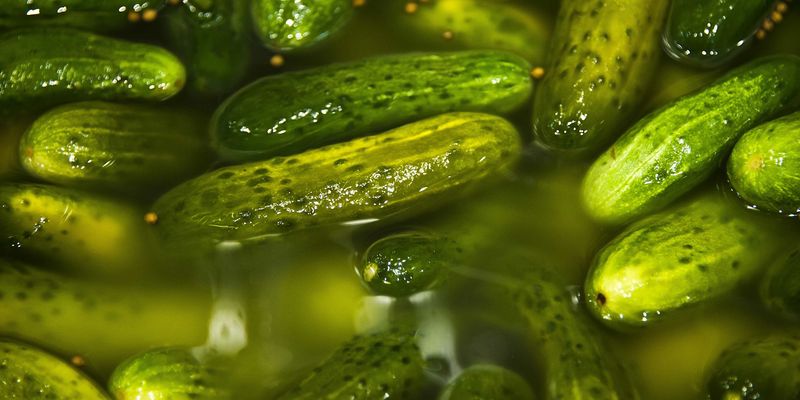
Pickling traces to Mesopotamia. Cleopatra credited pickles with beauty, and Napoleon offered rewards for preservation advances. American fairs spread pickle culture further. Heinz pins became souvenirs in 1893.
Atkins’ role links local fields to global stories. Visitors taste both history and heritage. The town fits within centuries of brine.
9. Location And Accessibility

Atkins lies just off Interstate 40. Little Rock sits an hour east, while Amtrak routes cross nearby. The Arkansas River Valley frames the landscape. Access stays simple by road or rail.
Visitors find small-town calm near urban centers. Convenience pairs with countryside beauty. Atkins balances seclusion with reach.
10. Lake Atkins Escape

This 752-acre lake sparkles with fishing promise. Bass, crappie, and catfish linger under bald cypress trees. Campsites and bait shops welcome anglers. Boat launches open easy access.
Birdwatchers gather during migrations. Trails wind around shorelines. Lake Atkins adds nature to the town’s story.
11. Nearby Petit Jean State Park
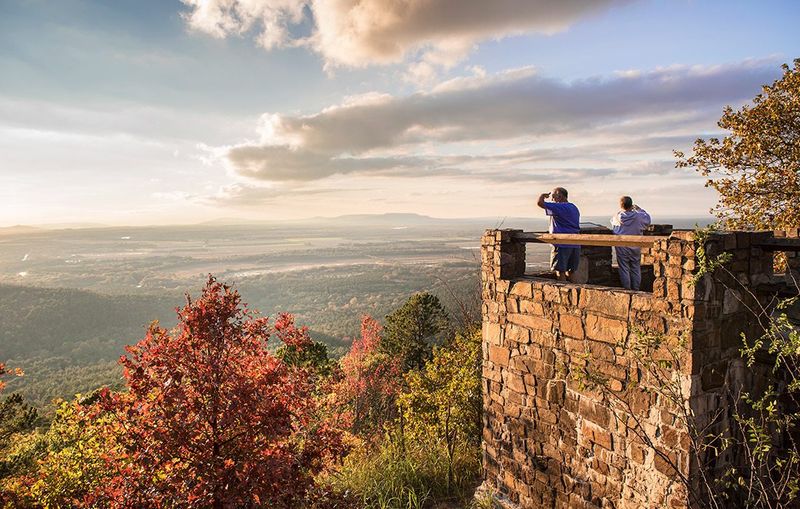
Mountains rise above forests at Petit Jean. Waterfalls thunder beside mossy trails. History mingles with natural splendor. The Trail of Tears National Historic Trail crosses here.
Scenic overlooks stretch across valleys. Lodges provide rustic comfort after hikes. Petit Jean anchors outdoor adventure near Atkins.
12. Local Dining Flavor
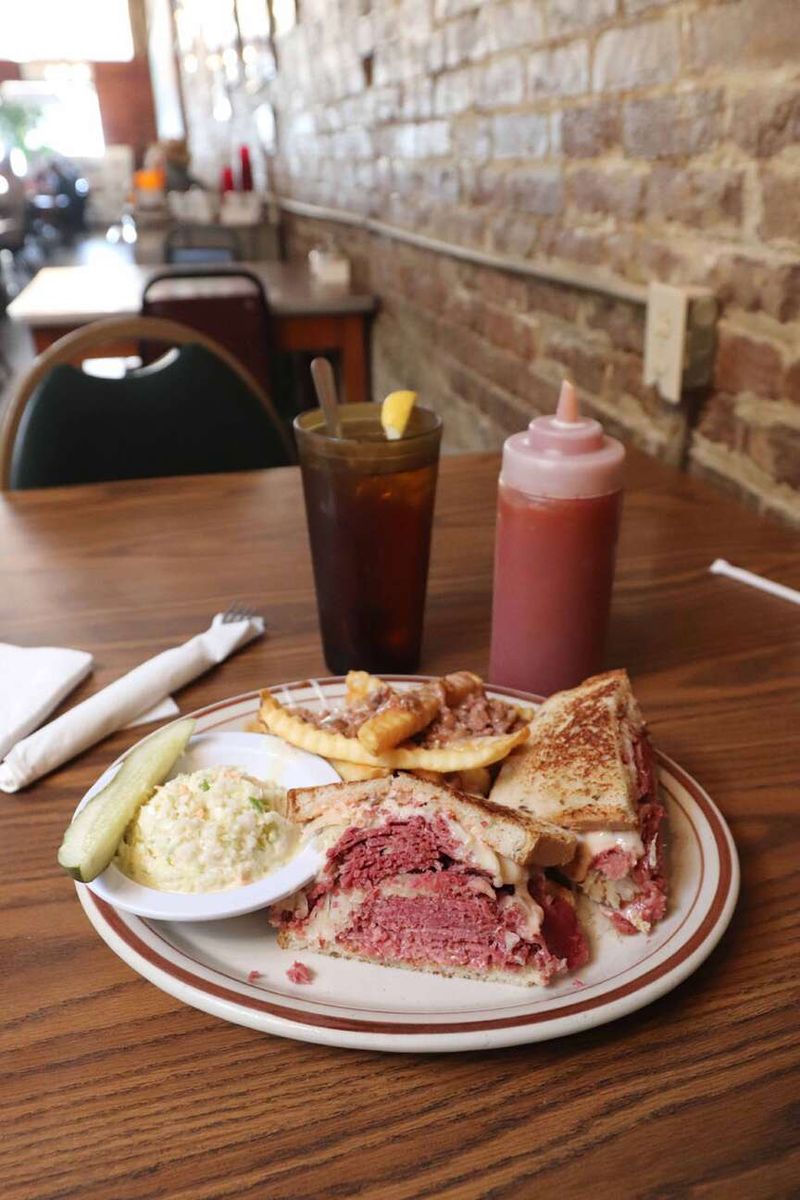
The International Cafe serves Mexican American comfort food. Cunningham’s delights visitors with barbecue and cinnamon rolls. Menus reflect both tradition and variety. Small-town flavors remain central.
For longer stays, Russellville hotels sit nearby. Cedar Falls Lodge inside Petit Jean adds rustic style. Food and lodging enrich every trip.

